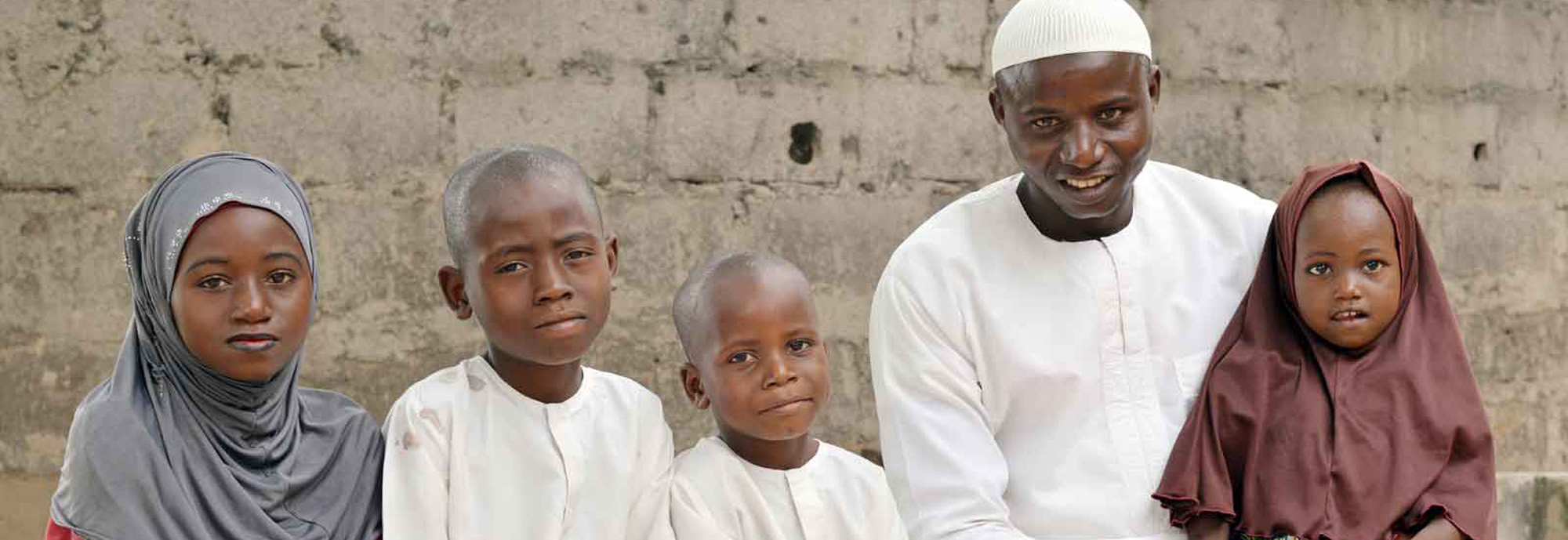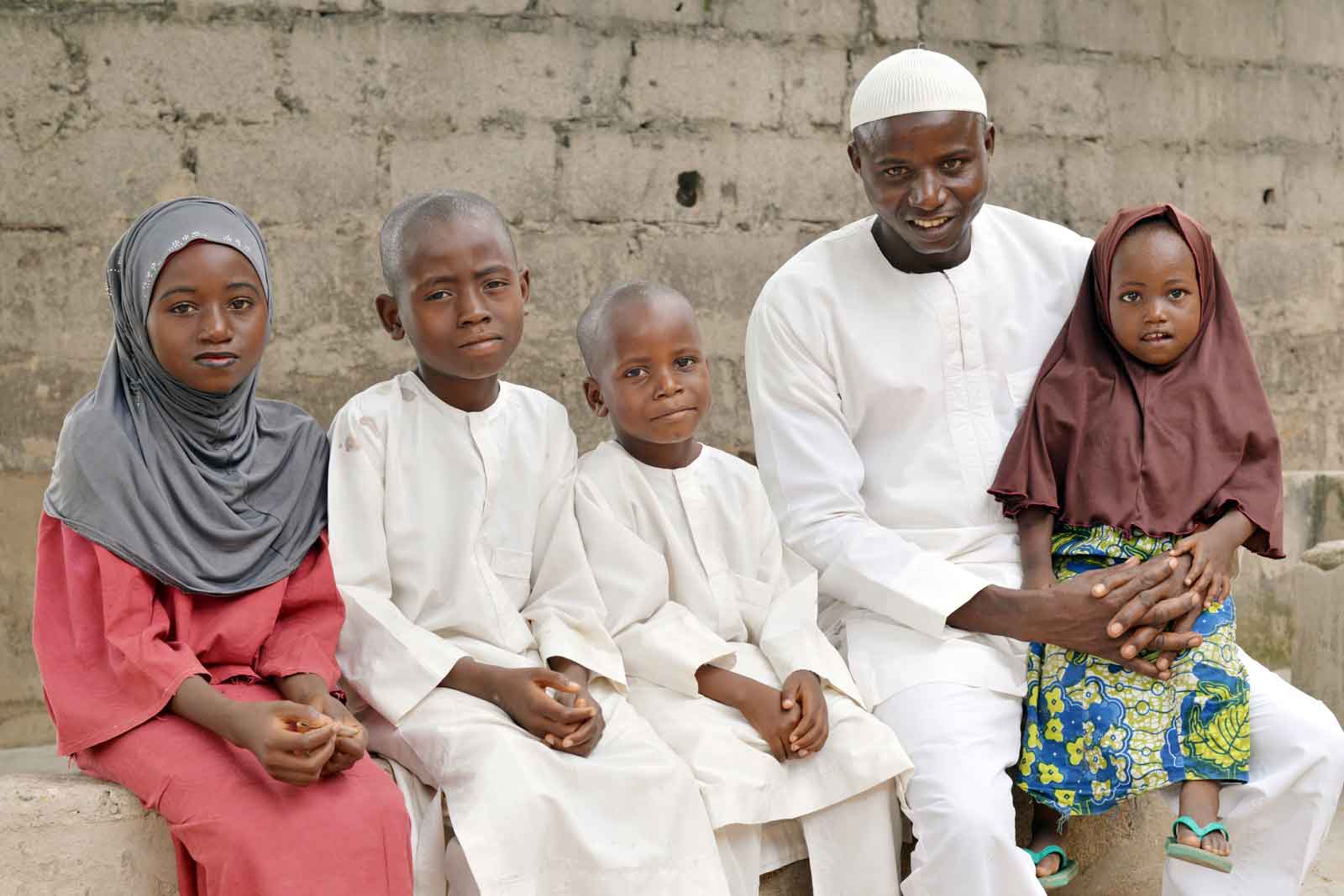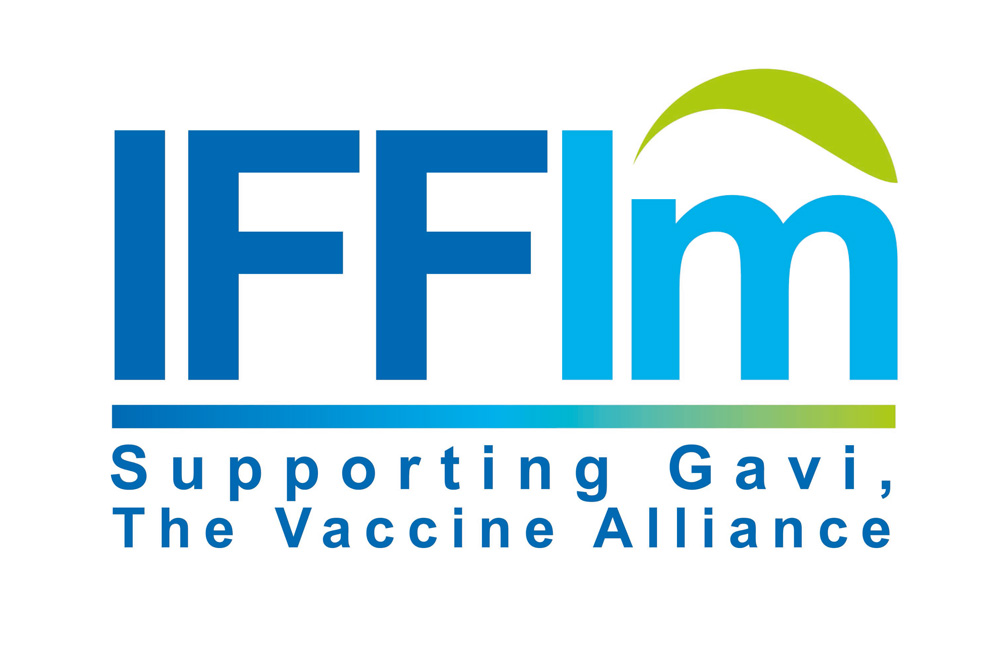
Support for vaccines in Nigeria
- Impact
- Support for vaccines in Nigeria
Support for vaccines in Nigeria
IFFIm and Gavi are continuing the fight against vaccine-preventable diseases in Nigeria, where polio is still endemic.
IFFIm and Gavi are continuing the fight against vaccine-preventable diseases in Nigeria, where polio is still endemic
IFFIm and Gavi have long supported remarkably successful efforts to eradicate polio around the globe, and they’re continuing the fight in Nigeria, where polio is still endemic. IFFIm alone has provided more than US$ 191 million to global efforts to end polio. As of 2018, IFFIm has used 7.5% of its funds on polio vaccine programmes.
When the Global Polio Eradication Initiative (GPEI) faced a funding crisis in 2006, it turned to IFFIm as the only way to finance stockpiling the polio vaccine so suppliers have it available for outbreaks. IFFIm’s US$ 191 million investment helped develop and license oral polio vaccine (OPV) products that could be field tested for safety and purchased in bulk. GPEI is a partnership of WHO, UNICEF, the US Centers for Disease Control, Rotary International and national governments.
In 2007, Gavi reprogrammed US$ 104.62 million in IFFIm funds from a post-eradication era polio vaccine stockpile into intensified polio eradication activities. The funding freed up much- needed cash and set in motion a scaling up of immunisation and surveillance activities in support of WHO’s Case for Completing Polio Eradication.
Four months into the programme, IFFIm funding helped immunise more than 100 million children under age five, some of them multiple times, in 11 polio-affected countries. It also supported surveillance activities and technical assistance in four WHO regions.
IFFIm funding was critical to the rapid development and licensing of a new OPV vaccine in 2009. This led to a striking 95% decline in cases in Nigeria and India, the elimination of wild poliovirus from all 15 countries reinfected in 2009, and more than an 85% decline in type 3 polio cases globally.
In 2011, Gavi applied IFFIm funds to polio eradication programmes in the heart of Africa. Gavi later partnered with UNICEF, WHO, the Bill & Melinda Gates Foundation and others, to end polio once and for all.
Gavi extends Nigeria support up to 2028
In June 2018, Gavi’s Board of Directors approved an exceptional extension of overall support for Nigeria up to 2028 including funding for inactivated polio vaccine (IPV) for the next two years.
Even though Nigeria was due to transition out of Gavi support in 2021, it has one of the lowest immunisation rates in the world. Immunisation coverage varies by state and within states with a range of 10% to 80%. Meanwhile, an uneven infrastructure with multiple geographical barriers and an anti-vaccine movement create additional obstacles.
Gavi’s extended efforts could lead to more than one million lives saved from vaccine-preventable disease in the country.
“With 4.3 million under-immunised children, Nigeria has the highest number of children in the world who are not fully protected against deadly vaccine-preventable diseases”, says Gavi CEO Dr Seth Berkley. “This crucial support will ensure that children across the country receive the vaccines they desperately need, help to strengthen the country’s primary healthcare system, build a healthier society and ultimately a stronger economy for Africa’s most populous country.”
Five Facts about Polio
- Polio mainly affects children under age five and can lead to irreversible paralysis.
- 5% to 10% of people affected by polio-paralysis die when their breathing muscles become immobilised.
- Since the Global Polio Eradication Initiative (GPEI) was formed, polio case numbers have decreased by more than 99%.
- Three countries have never stopped transmission of polio (Afghanistan, Nigeria and Pakistan).
- Unlike most diseases, polio can be completely eradicated Source: WHO (The World Health Organization.

A smiling Yusuf Ibrahim sits with his four children in the tiny farming village of Unguwar Daji in northern Nigeria. The introduction of the pentavalent vaccine in Nigeria is estimated to save the lives of at least 30,000 children who die from vaccine-preventable disorders every year. Nigeria has also introduced the pneumococcal vaccines, which protect against pneumonia, still the world’s biggest killer of children under the age of five. Credit: Gavi/2013/Adrian Brooks.
Restricted Access Library
 The material in this Restricted Access Library is intended to be accessed only by persons with residence within the territory of a Member State of the European Union and is not intended to be viewed by any other persons. The material in this Restricted Access Library is provided by IFFIm for information purposes only and the materials contained herein were accurate only as of their respective dates. Certain information in the materials contained herein is not intended to be, and is not, current. IFFIm accepts no obligation to update any material contained herein.
The material in this Restricted Access Library is intended to be accessed only by persons with residence within the territory of a Member State of the European Union and is not intended to be viewed by any other persons. The material in this Restricted Access Library is provided by IFFIm for information purposes only and the materials contained herein were accurate only as of their respective dates. Certain information in the materials contained herein is not intended to be, and is not, current. IFFIm accepts no obligation to update any material contained herein.
Persons with residence outside the territory of a Member State of the European Union who have access to or consult any materials posted in this Restricted Access Library should refrain from any action in respect of the securities referred to in such materials and are otherwise required to comply with all applicable laws and regulations in their country of residence.
By clicking Access restricted content: DYNAMIC-LINK-TEXT I confirm that I have read and understood the foregoing and agree that I will be bound by the restrictions and conditions set forth on this page.
The materials in this Restricted Access Library are for distribution only to persons who are not a "retail client" within the meaning of section 761G of the Corporations Act 2001 of Australia and are also sophisticated investors, professional investors or other investors in respect of whom disclosure is not required under Part 6D.2 of the Corporations Act 2001 of Australia and, in all cases, in such circumstances as may be permitted by applicable law in any jurisdiction in which an investor may be located.
The materials in this Restricted Access Library and any documents linked from it are not for access or distribution in any jurisdiction where such access or distribution would be illegal. All of the securities referred to in this Restricted Access Library and in the linked documents have been sold and delivered. The information contained herein and therein does not constitute an offer for sale in the United States or in any other country. The securities described herein and therein have not been, and will not be, registered under the U.S. Securities Act of 1933, as amended (the "Securities Act"), and may not be offered or sold in the United States except pursuant to an exemption from, or in a transaction not subject to, the registration requirements of the Securities Act and in compliance with any applicable state securities laws.
Each person accessing the Restricted Access Library confirms that they are a person who is entitled to do so under all applicable laws, regulations and directives in all applicable jurisdictions. Neither IFFIm nor any of their directors, employees, agents or advisers accepts any liability whatsoever for any loss (including, without limitation, any liability arising from any fault or negligence on the part of IFFIm or its respective directors, employees, agents or advisers) arising from access to Restricted Access Library by any person not entitled to do so.
